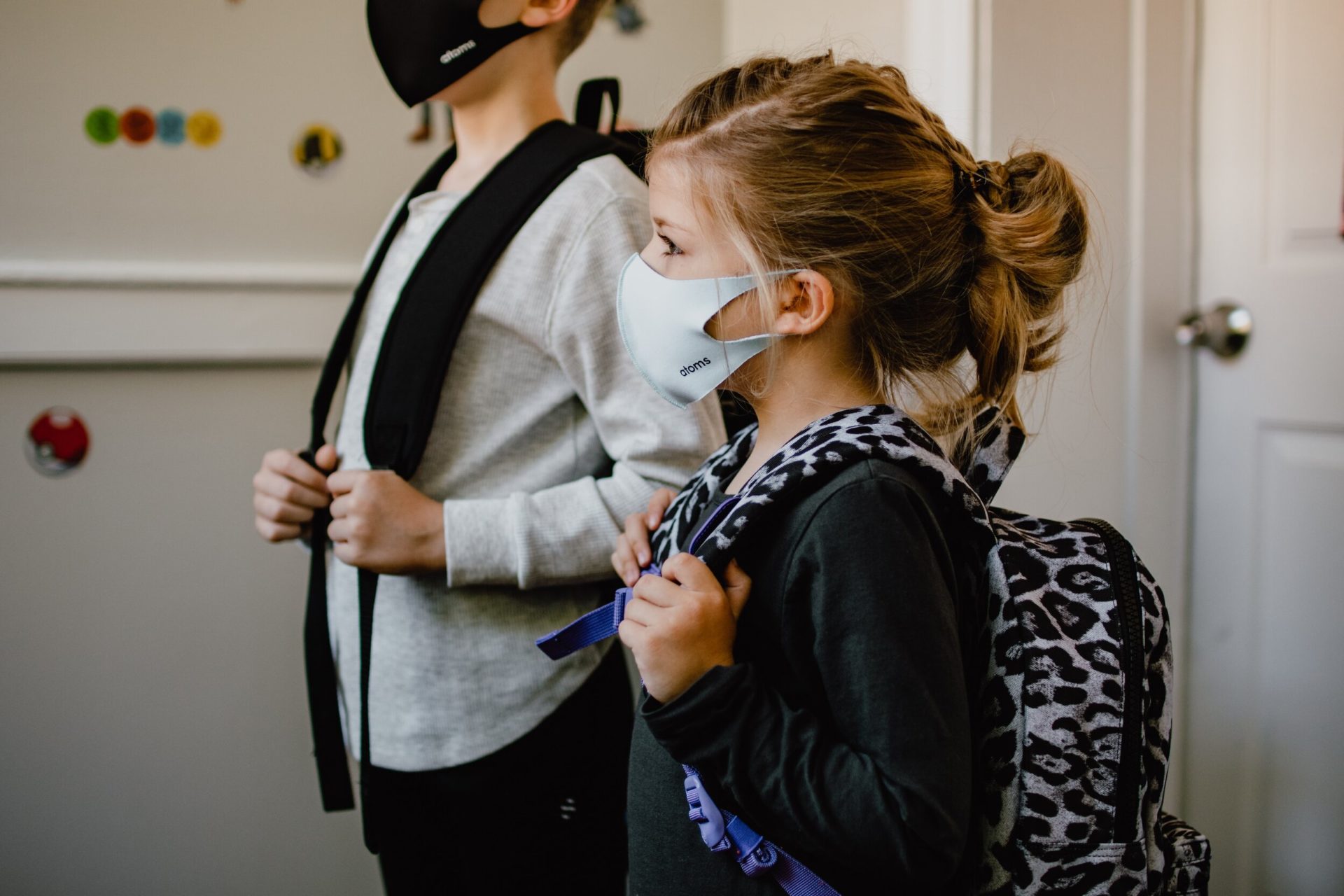
Despite rising case counts and the growing prevalence of the Delta variant, the process of reopening the schools in the fall is already underway. Even before the school doors open, the 2021-2022 school year already appears to be anything but normal.
While administrators and teachers will earnestly attempt to restore the norms and routines of previous years, the pandemic has layered schools with a host of challenges. Long-standing issues associated with achievement and school performance are now competing with vaccine protocols, curriculum content, mental health support, and learning choices. Educational leaders consistently express to anxious parents that student learning remains a priority, but it is also evident that the learning process may be “sidetracked” by pandemic-generated concerns and factions with political agendas.
The polarized state of American society means there is a disparity of views on almost any national issue, so it was only a matter of time until the divisiveness found its way to local schools and districts. School board meetings across the country have become places where differing perspectives have resulted in emotional and sometimes volatile confrontations. Recently, critical race theory and vaccine masking protocols have evoked some of the strongest reactions.
Researchers have estimated a 40-60 percent decline in expected student learning gains due to the pandemic. Tragically, the steepest declines have occurred in low-income school districts with large minority populations. Academics at Brown and Harvard have found that student progress in math decreased by about half in low-income zip codes. Another estimate by McKinsey and Company found that Blacks and Hispanic students could experience the equivalent of 10 months of learning loss.
Despite these terrible academic impacts, many leaders are not demanding action to rectify the deficiencies which contributed to poor student achievement. To be fair, school administrators and politicians have a lot on their plates. The pandemic only exacerbated preexisting programming, infrastructure, policy and learning delivery issues in our nation’s education system. Although some of these issues have been decades in the making, each issue has its own constituency group requiring an immediate solution.
There are also outstanding questions involving many schools regarding the extent of learning loss and what students learned between March 2020 and June 2021. Some schools reported soaring absentee and failure rates while other schools barred failure irrespective of attendance or participation.
What appears incomprehensible is the release of $190 million of federal funds to mitigate the impact of COVID-19 on the schools. With only 20 percent of the funding dedicated to “learning loss” along with minimal criteria tied to remedial instruction, the expenditures will result in nebulous and superfluous programming with low impact outcomes. Without stated expectations resulting from the utilization of these funds, any recoupment in learning from the pandemic “learning slide” may not be possible.
Still, if these funds are used effectively, this historic one-time infusion of cash is an opportunity to reverse a decade-long stagnation of student achievement which resulted in plummeting student performance below other countries in reading, science, and mathematics. But for such an influx of cash to have an impact, it needs to be applied to academically proven, enforceable metrics. We cannot just throw money at a problem and expect it to go away.
In the throes of such chaos, it is easy to understand how achievement gets relegated to the “back burner,” but we must not lose sight of it. Addressing long-standing deficiencies and learning gaps created by the pandemic requires “out of the box” thinking. A return to normalcy will not suffice. The depth of this crisis goes beyond returning to previous practices and solutions.
If the Biden administration truly wants to “build back better,” their approach requires a realistic assessment of the pandemic learning loss and the prior existing deficiencies in student learning. The next step is to reinvent, restructure, and transform teaching and learning to meet those challenges. Federal government recommendations to implement proven programs such as tutoring and extended days as the answer fall short of the mark.
The technology skills developed by teachers during the pandemic were formidable and are transferable to the new year. Adaptations and alternative learning delivery systems can only enhance a school’s existing program. With technological support, local assessments designed to pinpoint learning deficiencies might assist in temporarily regrouping students for remediation and enrichment prior to the reopening of school. Curriculum content along with support activities could be added to further engage parents in supporting their children. Business and community members through integrated project learning could further share their skills as part of the enrichment process.
The pandemic marked a tragic time in our country’s history. It wreaked havoc on families, institutions, and the economy. But with each crisis comes the possibility of transformation, and through the strategic utilization of new school funding, the light at the end of the pandemic tunnel may be one of growth, greater strength, and understanding. It may only take some critical reflection and a little creativity.
Dr. Vincent F. Cotter
Dr. Vincent F. Cotter, as Superintendent of Schools, was the primary innovator of a unique school improvement program. “Reaching Above and Beyond,” which dramatically improved student performance. For his efforts, he was awarded the prestigious Juran Medal (2011) for sustained systemic improvement by the American Society for Quality in the field of education. Dr. Cotter also co-founded the Exemplary Schools Organization which was created to improve school performance and leadership capacity.
Based on over forty years of success in the field of education as a teacher, principal, superintendent, professor and consultant, three leadership books that focus on school improvement, performance and leadership were released by Rowman and Littlefield publishers, “Leaning into the Future: Building Beyond the Post-Covid-19 New Normal” (2022), “Igniting School Performance: A Pathway from Academic Paralysis to Excellence” (2019) and “Performance is Key: Connecting the Links to Leadership and Excellence” (2018). Dr. Cotter has been a periodic contributor to the Smerconish website on the topic of schools and achievement.







